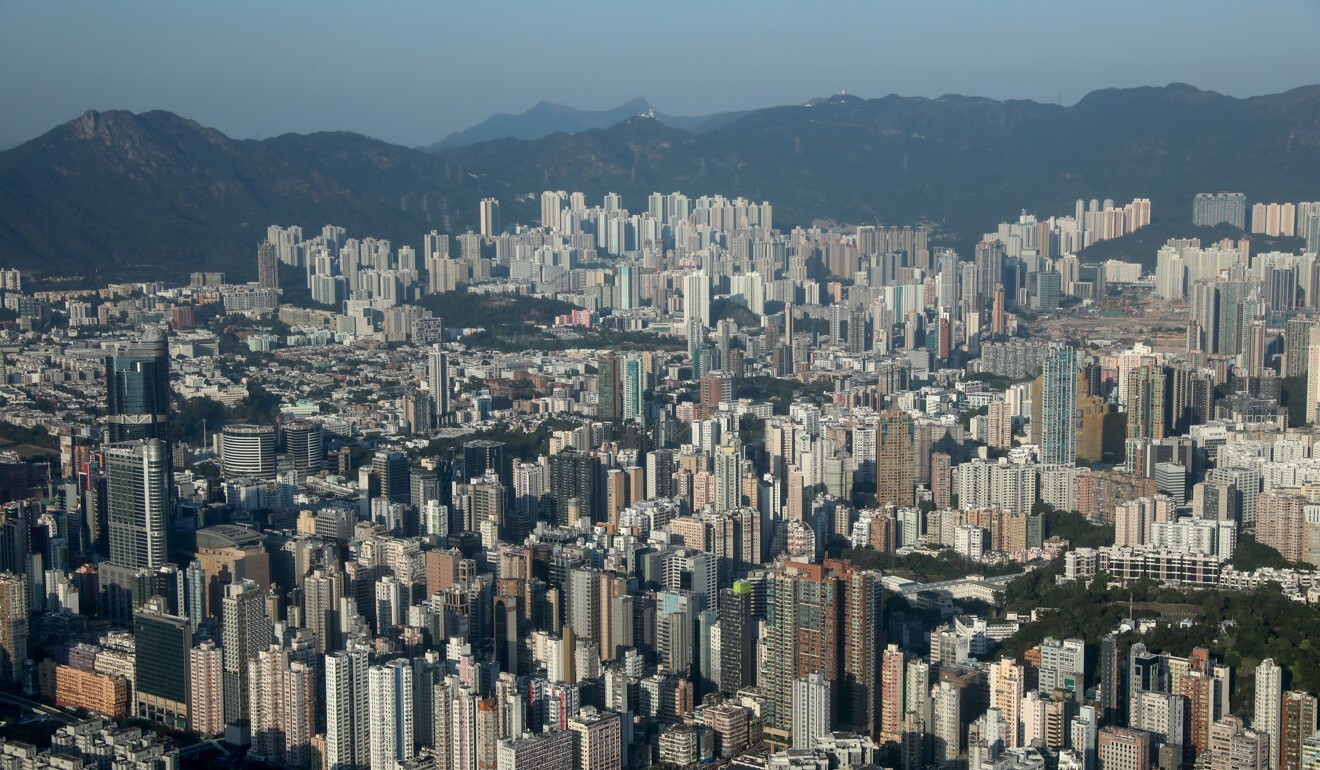
Hong Kong needs more public housing, rent controls, NGO says after survey on low-income residents’ struggles
- Report by advocacy group SoCO found that some people were paying twice as much per square foot for bed space as those paying for private flats
- ‘As such a developed society, it is quite unreasonable that we do not have rent controls,’ one SoCO organiser said
Hong Kong’s leader must include measures in the coming policy address that centre on ramping up construction of public housing, and impose rent controls to improve living conditions for low-income residents, a human rights advocacy group has said.
A survey conducted by the Society for Community Organisation (SoCO) found that low-income residents renting 18 sq ft bed spaces were paying more than double the rent per square foot as those living in 160 sq ft private flats.
“As such a developed society, it is quite unreasonable that we do not have rent controls,” SoCO community organiser Sze Lai-shan said. “This means landlords can choose to raise rents to any amounts or kick their tenants out at any time, and we receive reports [of that] almost every week.”
Head of Beijing’s liaison office visits Hong Kong’s needy in rare festival charm offensive
The Transport and Housing Bureau, meanwhile, said on Sunday that a task force studying tenancy controls on subdivided housing set up three working groups in July to look at the social, economic and legal aspects of implementing rent control.
It said the research by outside experts had started, with the task force expected to submit a final report by the first half of next year. However, it declined to “express any stance” on the matter, saying “tenancy control is a very controversial issue, and there is no consensus in the community so far”.
The survey of 439 residents was conducted from mid to late September, with more than 80 per cent of respondents saying they had applied for public housing, and more than 60 per cent having waited for more than three years.

SoCO compared rent rates from September last year to those of August this year, and found that the price per square foot of an 18 sq ft bed space had increased 15 per cent, from about HK$92 to HK$106 (US$14), over the past year. By contrast, a 135 sq ft subdivided flat only saw a 50-cent rise in rent, while a flat between 100 and 159.9 sq ft in a private building registered a HK$2.9 increase per square foot.
Almost half of the respondents reported their landlords had raised their rent within the past three years.
“My landlord suddenly demanded a HK$1,000 increase in my rent,” said a woman surnamed Wong, who declined to give her full name over worries her landlord would recognise her. “I already do not have a steady income and my family has been eating worse so we can make rent.”
HK$500 billion in public works to be ramped up over five years to drag city out of recession
Wong, her husband and their two children had lived in the subdivided unit for five years, with rent starting at HK$3,000 when she signed the first two-year contract. The landlord then demanded a HK$200 and HK$300 increase in rent in each of the subsequent one-year contracts, she said.
Her husband, she added, had applied for public housing in 2012.
“I really hope the government can build more public housing. The environment we live in now is so bad; it leaks, and if it rains at night, we can’t sleep,” she said. “I sometimes borrow money from friends and family to pay rent, otherwise my landlord comes and knocks on the door and harasses us.”
Additionally, the survey found single and two-person households were spending the largest portions of their incomes on rent, at 45 per cent and 50 per cent respectively, despite only making between HK$9,000 and HK$10,000 per month.
Hong Kong may miss private home supply target again
The findings prompted SoCO to call on the government to stop excluding single-person households from its housing and social welfare policies, as well as to impose rent controls on both base rent prices and rent increases to protect the city’s low-income residents.
“Single-person households often sacrifice housing quality so they can save more of their money, but they are not eligible for many types of government subsidies,” SoCO community organiser Angela Lui Yi-shan said.
The main solution was for the government to increase the number of public housing units available, Lui said, but SoCO was growing increasingly concerned as the rate of completion of public housing had slowed over the past two years.
“This means wait times are longer, even for smaller households, so we call on the government to not forget that public housing is the most important policy,” Lui said. “It is where low-income residents will feel the safest.”

